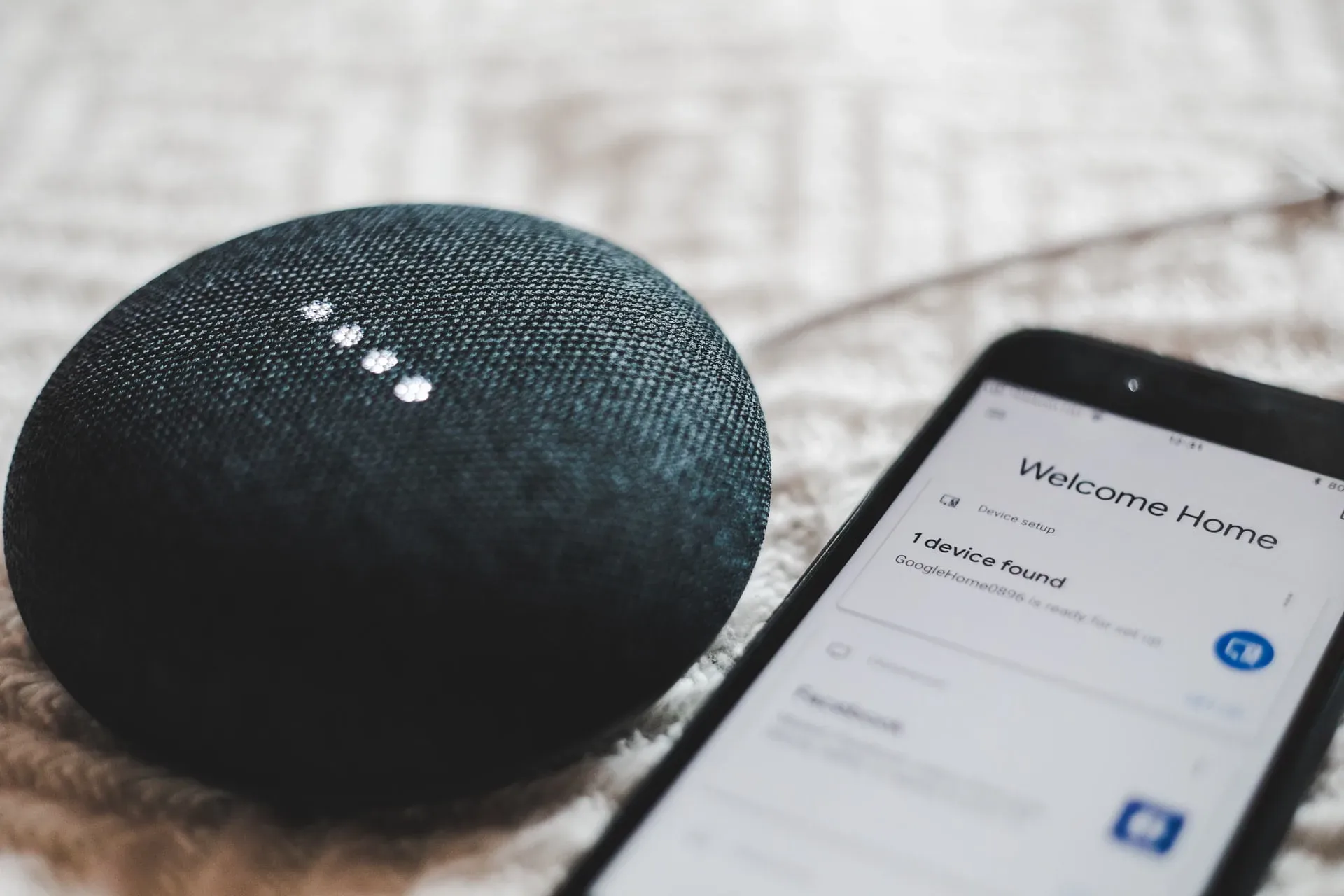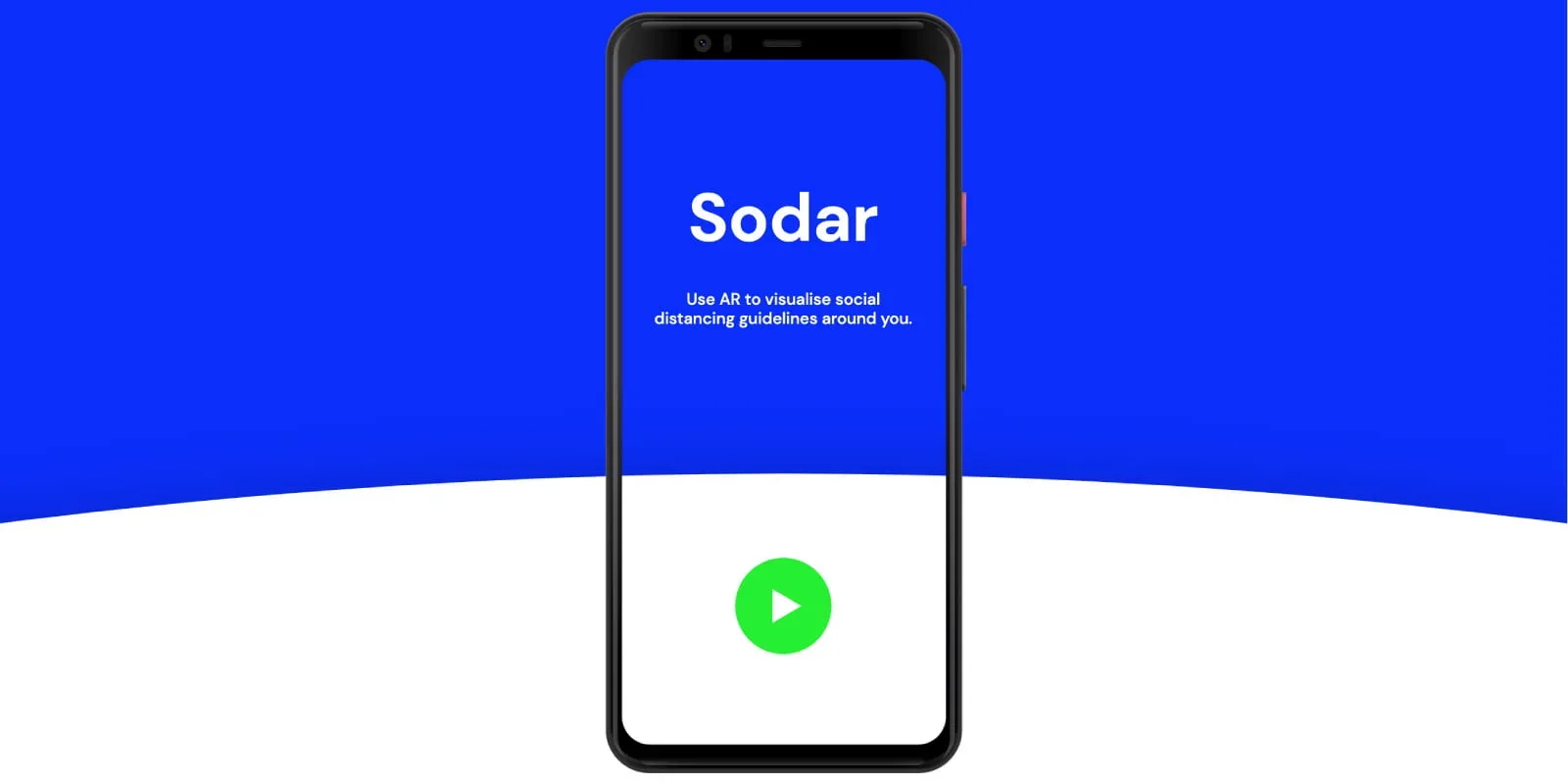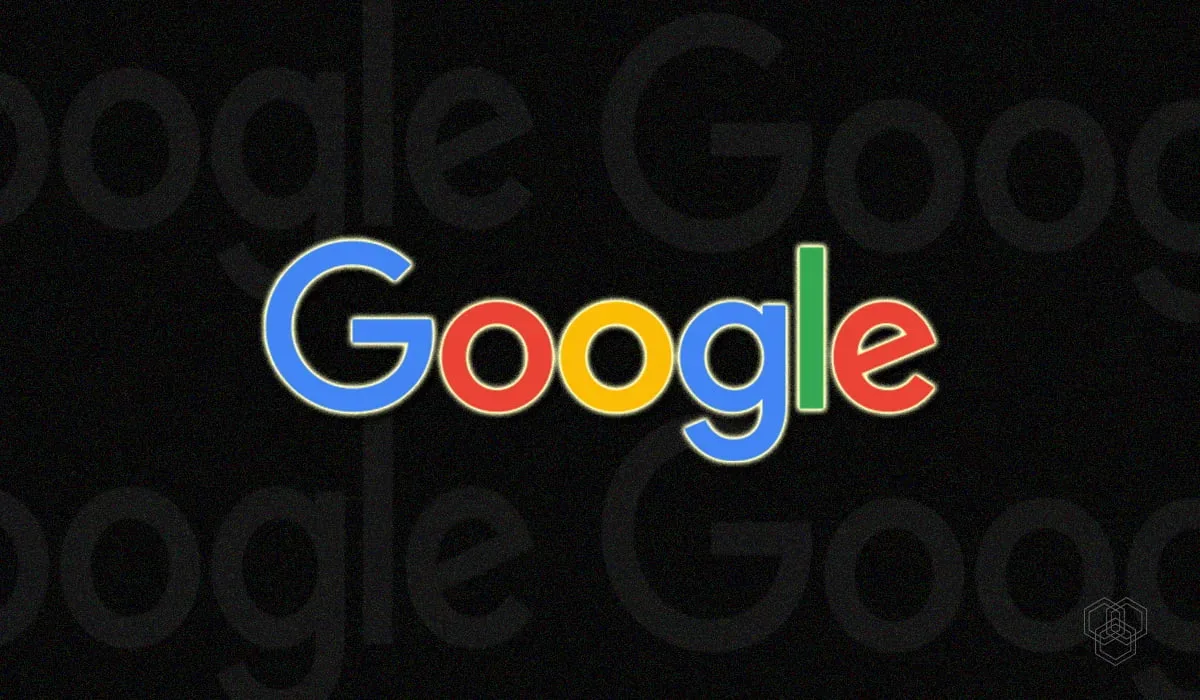Google has been working on remodeling its health care efforts. Therefore in continuous efforts, Google has improved its contribution to the field of healthcare. This practice is ongoing as Google has recently announced that it is absorbing DeepMind Health. DeepMind Health is a part of DeepMind which is an AI lab based in London.
DeepMind’s founders have put up a blog post to applaud the decision. Part of it reads:
“This is a major milestone for DeepMind! One of the reasons for joining forces with Google in 2014 was the opportunity to use Google’s scale and experience in building billion-user products to bring our breakthroughs more rapidly to the wider world. It’s been amazing to put this into practice in data center efficiency, Android battery life, text-to-speech applications, and now the work of our Streams team.”
Streams App
The Streams App is by DeepMind, and the company developed it in assistance of the UK National Health Service. The Streams App is now an AI-powered assistant for nurses and doctors. Moreover, this App is also being piloted in the UK to help healthcare practitioners do their job. The post also reads:
“Our vision is for Streams to now become an AI-powered assistant for nurses and doctors everywhere – combining the best algorithms with intuitive design, all backed up by rigorous evidence. The team working within Google, alongside brilliant colleagues from across the organisation, will help make this vision a reality.”
The officials at DeepMind have confirmed that their Streams team will stay in London. The company wants them to continue their joint projects with the NHS. Besides, a lot of these projects have long-lasting impacts on biosciences. One of its infamous projects is the potential use of AI to diagnose spot eye disease in regular scans.
Algorithms to Predict Disease
In 2017, certain groups claimed that the DeepMind’s partnership with NHS was illegal. These allegations were made because tested individuals did not receive adequate information regarding the use of their medical data. Hence, this row of the past has made the news of DeepMind’s healthcare AI being able to predict disease, controversial.
Google just had a new CEO appointed for Google Health. The new CEO, David Feinberg, claims his mandate to be the re-structuring of Google’s position in the medical industry. Feinberg believes in a thorough remodeling from hardware all the way to algorithms. Therefore, privacy advocates in the UK also have the constant worry of data misuse once it gets in Google’s hands. The concerns have deepened after the announcement that DeepMind is shutting the independent review board that used to oversee DeepMind Health.
The blog post does not address similar worries and ends with a positive note:
“Over the coming years, we expect AI to help scientists make transformative advances on problems ranging from protein folding to image analysis, potentially improving medical diagnosis, drug discovery and much more. We’re excited to play our part in that journey both at DeepMind and at Google, in the service of patients and clinicians around the world.”
Stay tuned for more updates!





Share Your Thoughts